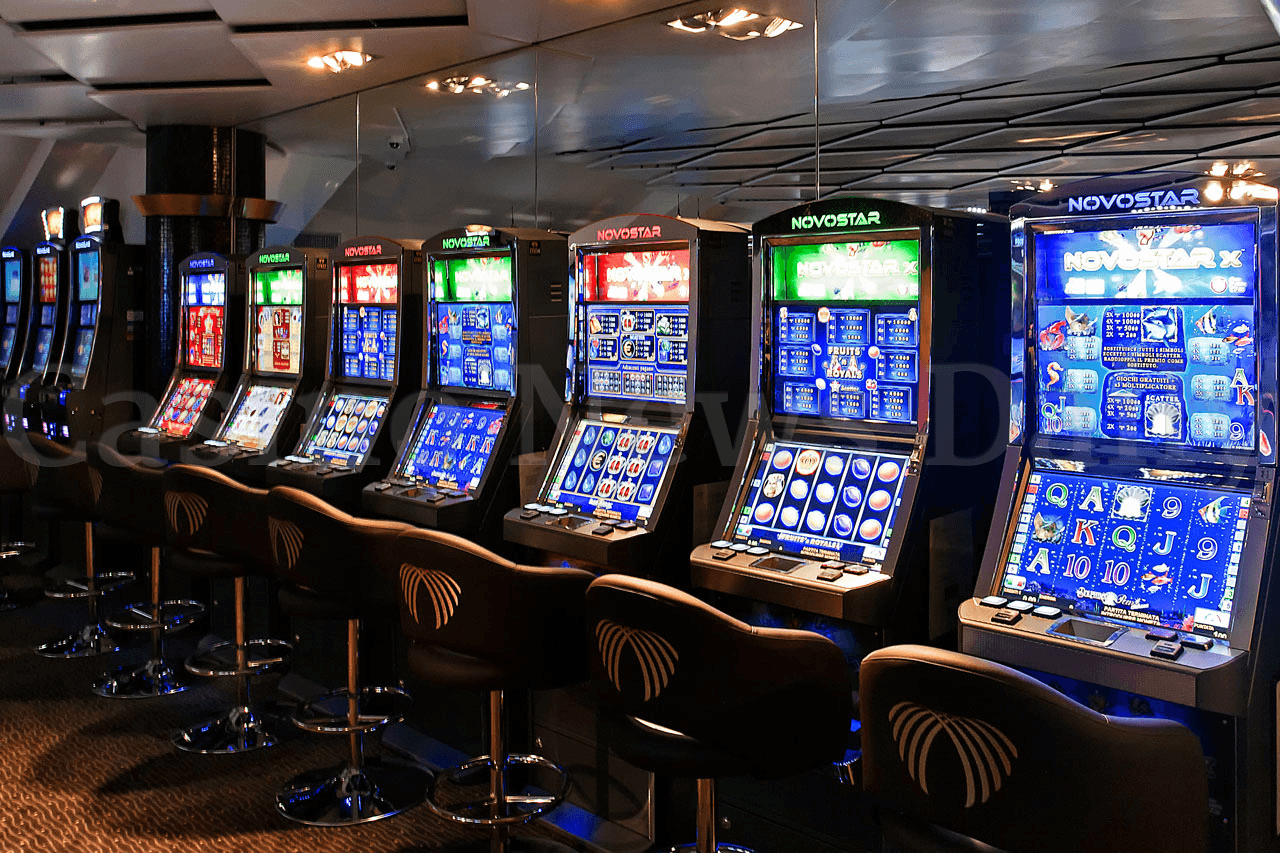
Casino games have long captured the imagination of humans around the globe, becoming an essential part of both entertainment and society. From the glimmering lights of Las Vegas to the immersive experience of internet gambling, these games evoke enthusiasm, risk, and sometimes even a sense of nostalgia. They are more than simply pastimes; they have woven themselves into the texture of society, influencing various aspects from film and songs to clothing and books.
The appeal of casino games surpasses the betting aspect, tapping into larger themes of serendipity, possibility, and social interaction. As players gather around a card table or spin the wheel of fortune, they engage in an age-old ritual that resonates with our collective desire for excitement and uncertainty. This fascination has led to the rise of many references in movies, songs, and gaming, showcasing how intensely entrenched these pastimes are in popular culture. Whether it is the high-stakes tension of a classic caper or the lively nightlife portrayed in music videos, casino games have carved out a substantial role that reflects our bond with reward.
Social Importance of Casino Activities
Gambling activities have played a key role in social aspects throughout history. Stemming from ancient civilizations, games of chance were often linked to ceremonies or gatherings. For instance, early iterations of these activities can be linked back to ancient China and the Roman Empire, where die games and betting on results were popular pastimes. These activities not only served as entertainment but also as means of connecting people, facilitating connections among individuals within societies.
As cultures evolved, so did the sophistication and structure of casino games. The establishment of official casinos in the 17th century, particularly in Italy, marked a major shift in how games were perceived and structured. With specific spaces for gaming, the casino became a community center where people from various backgrounds gathered. This change contributed to the legitimization of the industry, transforming it from a mere pastime into an established industry that shaped economy and regulations.
The impact of gambling activities on mainstream culture cannot be understated. https://gk88v.org/ As they were popularized in books and film, games such as poker and 21 became symbols of risk, luck, and tactics. Iconic characters and stories have emerged around these games, illustrating societal views towards fortune, prosperity, and immorality. This interest with gambling activities has permeated various forms of media, cementing their status in the collective consciousness and linking them to broader cultural stories throughout the ages.
Depiction of Gambling Games in Media
Casino activities have long been a popular subject in different types of entertainment, reflecting both the excitement and intricacies of the world of gambling. Films such as Ocean’s Eleven and Casino Royal portray figures who navigate dangerous scenarios, showcasing not only the attractiveness of the casino atmosphere but also the tactics and choices that come with playing popular games like Texas Hold’em and blackjack. These movies often dramatize the exhilaration of winning and the potential results of losing, encapsulating the dangers involved in gambling.
TV programs have also explored the realm of casino games, often integrating them into the narrative as a context for story progression and tension. Shows like Vegas depict the experiences of casino workers and casino-goers, highlighting the lively, often disorderly energy of the gaming floor. Reality shows featuring intense gambling competitions further emphasize the fascination of gambling activities, drawing viewers into the excitement and tactics involved in each round. Through these depictions, media not only entertains but also sparks conversations about fortune, skill, and the character of randomness.
Digital games have increasingly included gambling activities into their design, allowing players to recreate the experience of gambling without financial exposure. Games within the realm of digital gaming often include virtual slots, poker, and other casino favorites, creating an engaging environment that mirrors traditional gambling. These digital representations make casino games accessible to a global audience, appealing to both risk-takers and those who enjoy the rush of virtual experiences. As a consequence, the portrayal of casino games in entertainment continues to shape societal views and cultural significance, highlighting their role in society and the cultural landscape.
Impact of Casino Games on Communities
Gambling activities have a significant effect on society, affecting various aspects of culture and social behavior. They often function as a venue for community engagement, where people come together to enjoy a shared experience. Casino trips with friends or visits to casinos become social activities that foster connections and create memories. This communal aspect enhances the fun value of casino games, making them a favored choice for festivities and recreational pursuits.
Moreover, casino games have been depicted in numerous movies, TV series, and literature, influencing views and attitudes towards gaming and betting. Icons like James Bond playing baccarat or the intense poker scenes in films have embedded these games in the shared imagination. This representation often idealizes the culture associated with casino activities, drawing in new players and influencing trends in both fashion and conduct. These representations can ignite curiosity and lead to a deeper exploration of the nuances of gaming.
However, there are also adverse consequences associated with the widespread appeal of gambling activities. The allure of quick monetary gain can lead to gambling addiction and economic troubles for some individuals. Society must grapple with these consequences, advocating for responsible gambling and awareness of the risks involved. Balancing the entertainment value of gambling activities with the potential for harm is crucial to ensure that they continue to be a positive aspect of our cultural landscape.